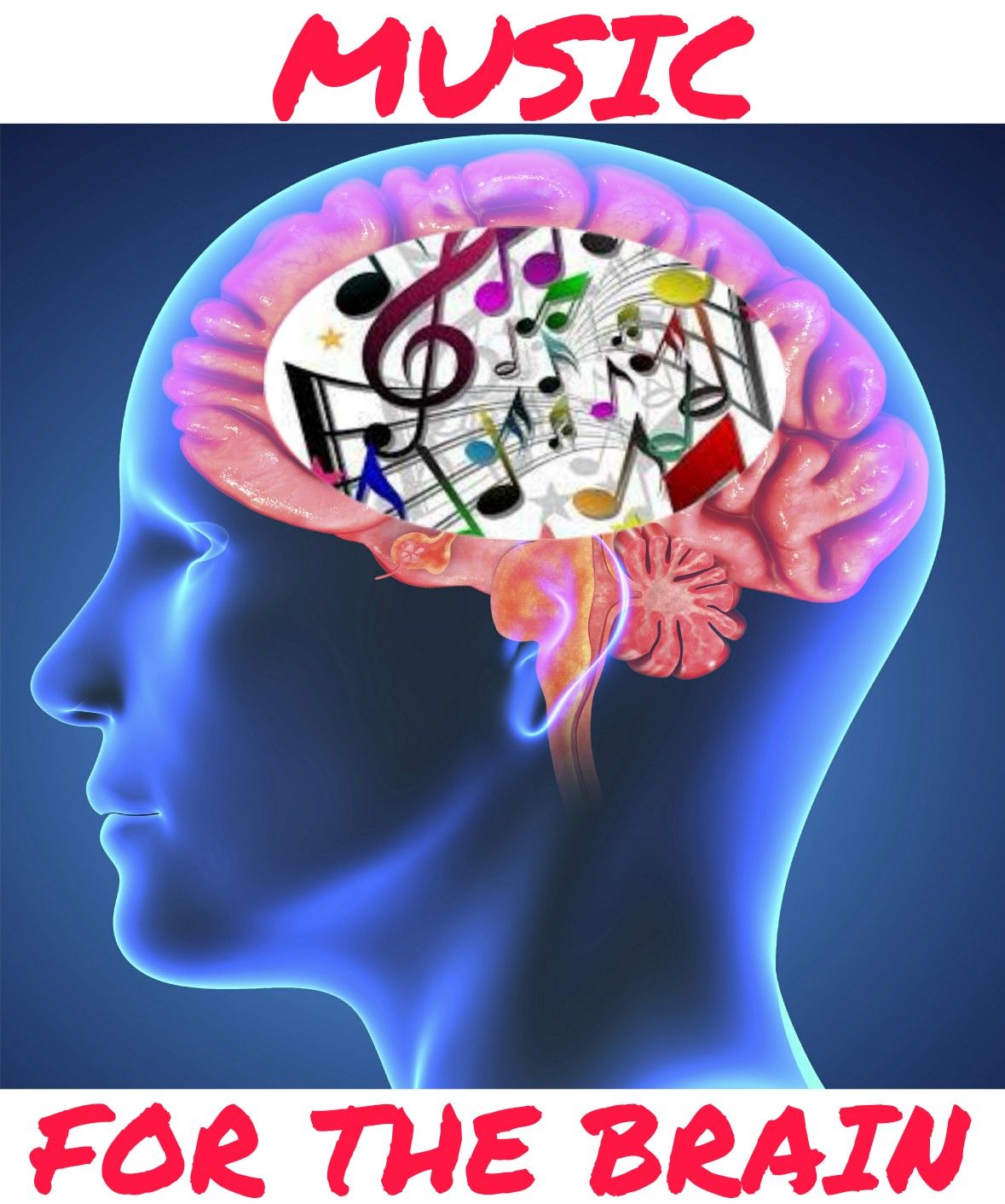Music For The Brain: What Makes Music "Classical"?

I'm sure the greater majority of us would recognize a Classical piece if we heard it. But the question stands, what makes a piece Classical? What is it that all Classical pieces have in common?
It was once suggested by Leonard Bernstein that what gives all classical music a common ground is the notational percision. He continued to say that unlike popular music which lacks this percision and is notated loosely, Classical musioc should by played essentially the same way each time. But what about graphically notated Classical music? Notation is not the only thing all Classical songs have in common.
So maybe it's the instrumentation. Modern music or just "popular" music for that matter lacks the instrumentation of Classical music. As a matter of fact it is quite uncommon to find the instruments used in Classical music in any other genres (not to say similar things may have been done). Instruments such as the Cello, Double Bass, Harp, Flute and Piccolo are more often found in a Classical piece. However you have Steve Reich's "Electric Counterpoint" which uses electric guitars and it is a Classical piece.And there's is also electronic Classical music. It's not the instrumentation either.
What does Classical music mean to me? Well I personally think that classical music holds a certain elegance. The individuals who write the music hold a certain value. Music is essentially an image of the person who creates it. Music is made by us for us, right? No I don't have a definitive answer for this question and I probably won't come across one anytime in the near future. I would however be interested to hear your thoughts on the subject.
!!!KEEP ON STEEMIN'!!!
I think classical music has a sophistication but I have to agree not sure in today's world you can give it a 'true' definition, but yes we all can agree we know it when we hear it...nice post ray :)
Sophistication! That's the word i was looking for when i was writing this. Thanks for taking the time to read it.
Classical music tended to follow some pretty specific Music Theory Rules. They hate things like Parallel 5ths and they avoided many other things.
Though as with most music some people would break the rules, but most music that was considered "classical" tended to follow certain rules. Music Theory classes tend to focus on those rules.
However, "classic" music could be a huge thing. It generally tends to depend on your age. I laugh when I hear people refer to things like Metallica as "classic metal" as I was alive when it was new. Classic metal to me means a very different thing.
Classical though is usually Bach, Beethoven, Mozart, etc.
Well that's more solid than anything i've come across on the web lol.
I have to agree though. There's is that guidline that exists that makes classical music very unique from any